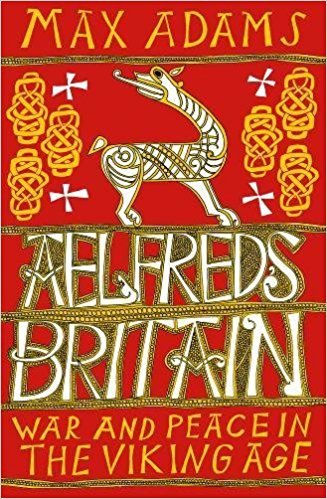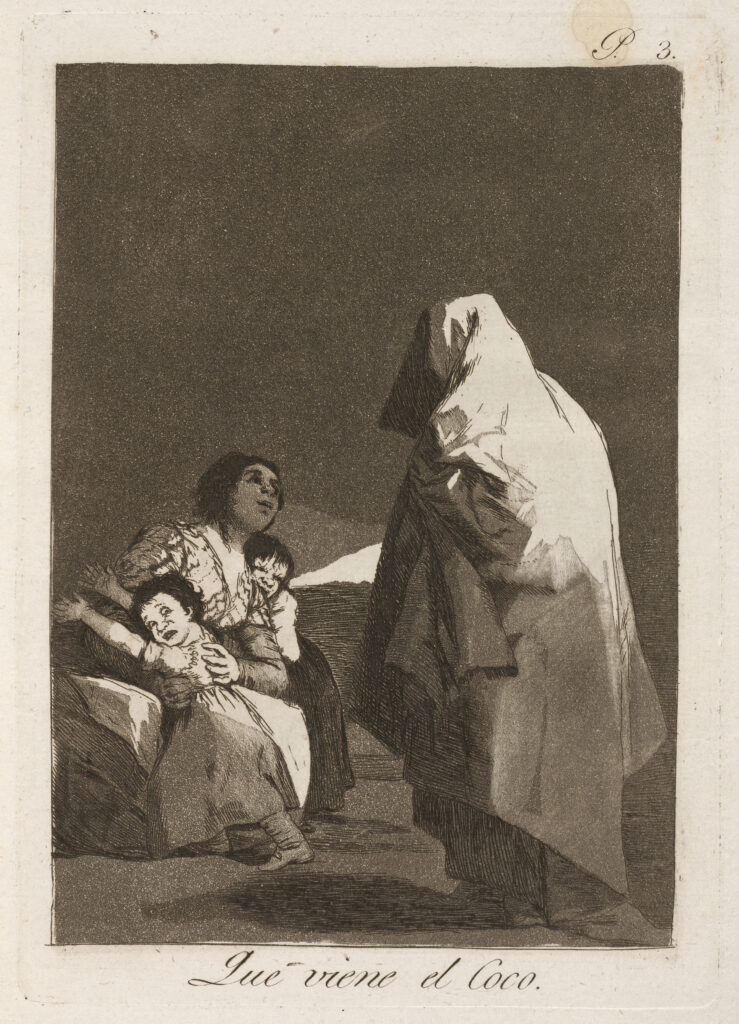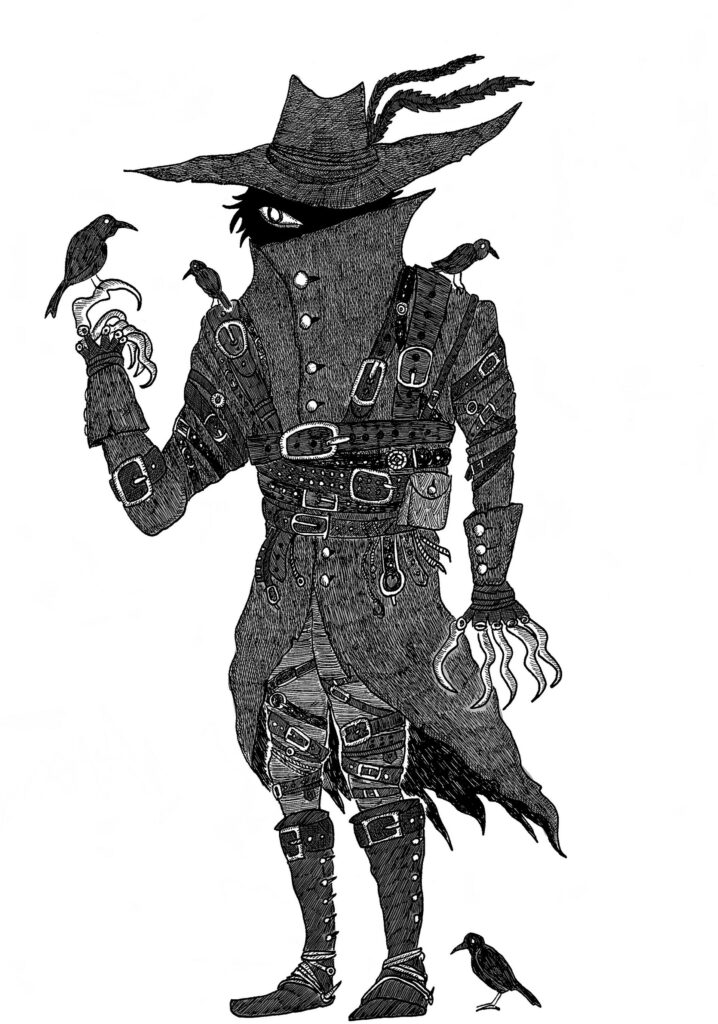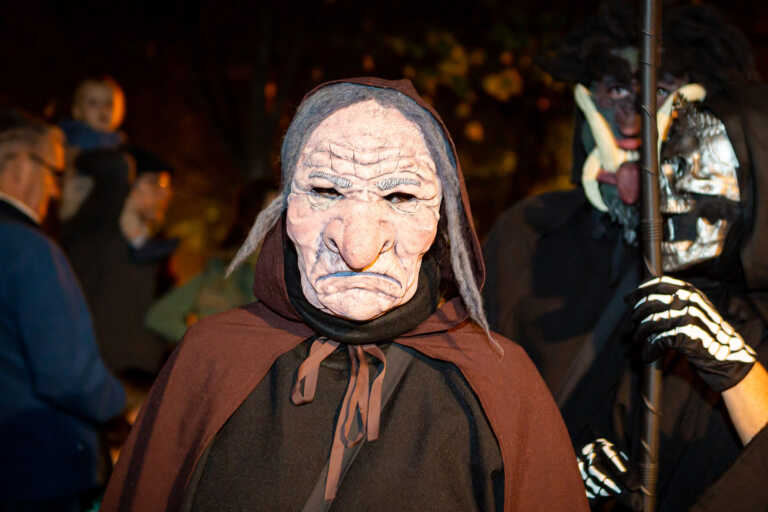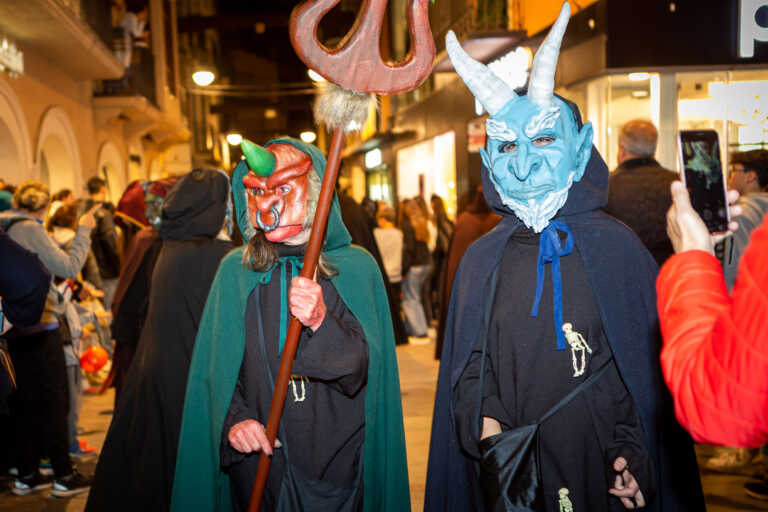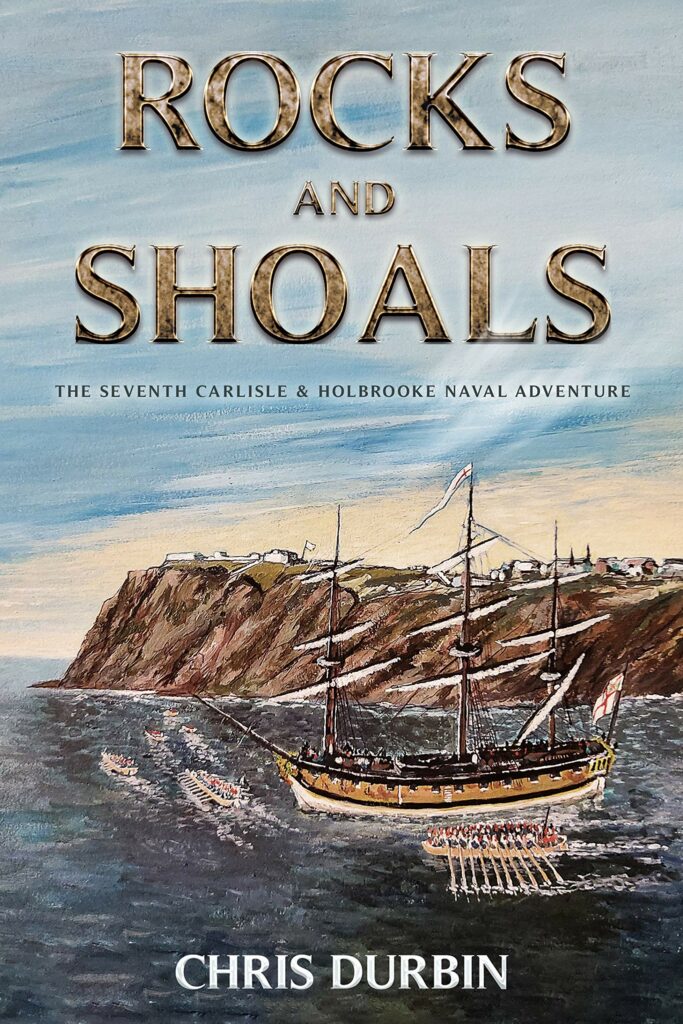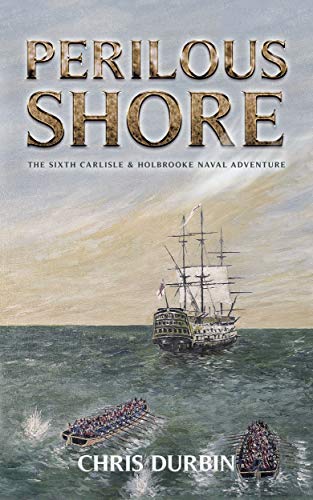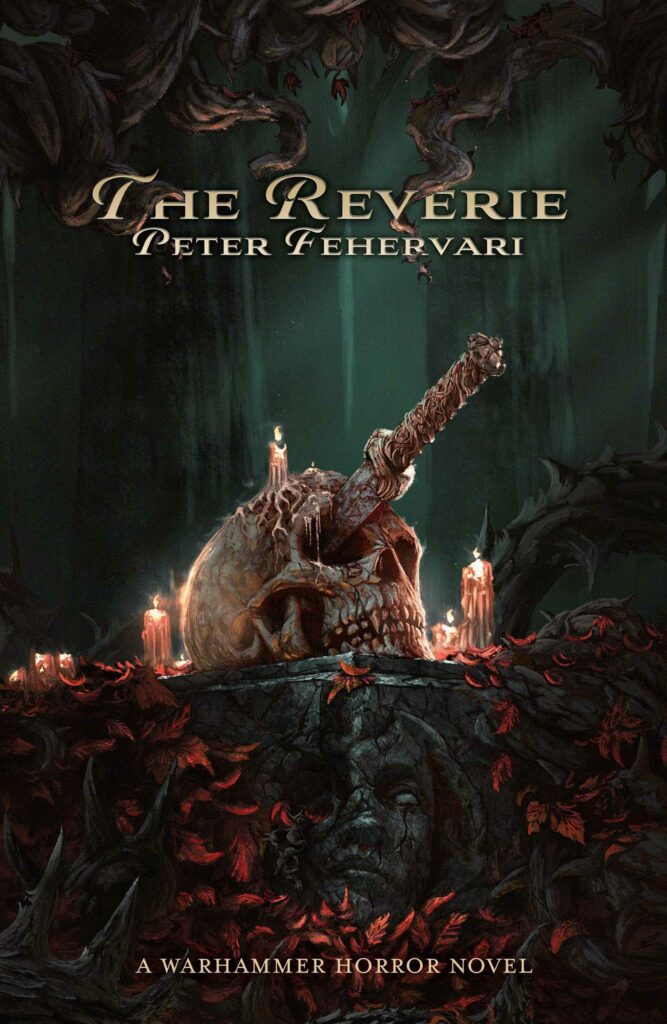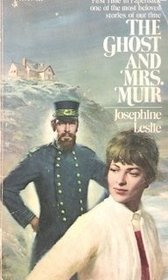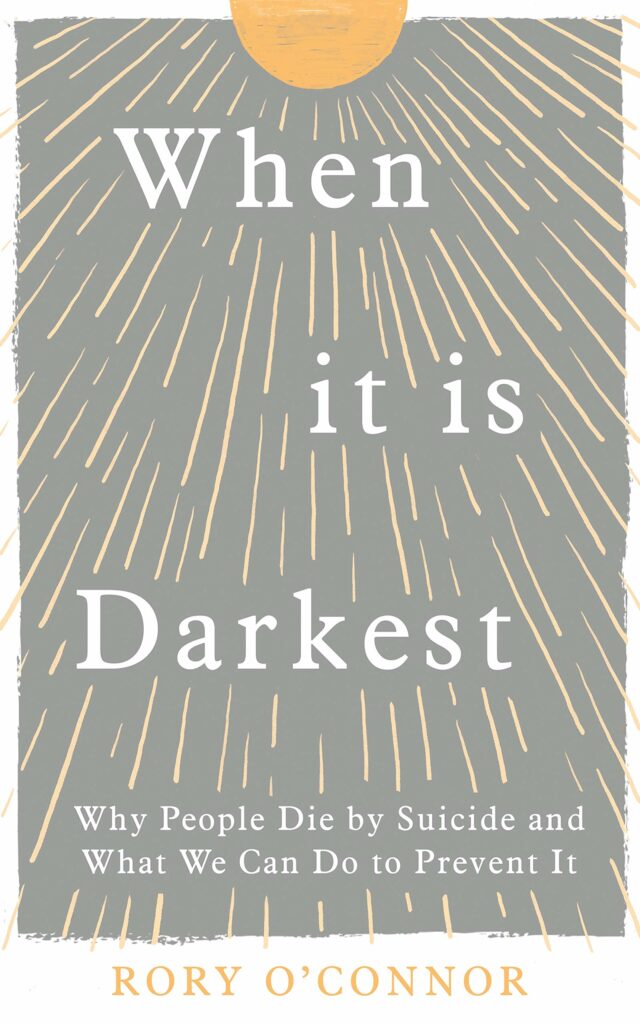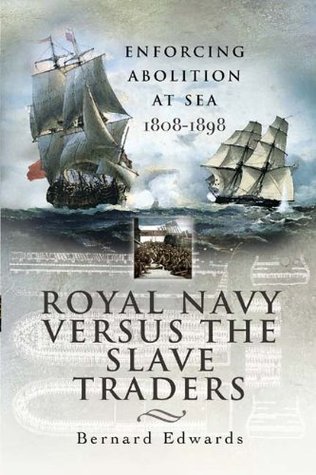
Slavery has been as endemic in human history as warfare. Whole societies have been built on slavery and, for most of history, the practice was taken completely for granted as simply part of the cultural fabric, as unfortunate but as inevitable as death and illness. There’s only been two places and times in the world where it has been outlawed: firstly, in Christian Europe in the early Middle Ages and then again in the fractured Europe of early modern era. Having outlawed slavery for Christians, the more enlightened men of the Englightenment reinstituted it on the basis of dubious sounding but scientifically dressed up theories of racial superiority (much of Voltaire’s wealth was earned from the slave trade and he defended the trade on the basis of his belief in a racial hierarchy where white people “are superior to Negroes, just like Negroes are superior to monkeys”).
Against the likes of Voltaire, Diderot and Rousseau were set a bunch of mostly British religious nut cases, or so they were depicted at the time, who insisted on putting principle before the passive acceptance of a lot of people getting quietly rich. The abolitionists, in the teeth of well-funded opposition, managed to drive the abolition of slavery through Parliament and, in the face of even more opposition, succeeded in enlisting the Royal Navy to police this abolition upon the oceans of the world.
This book tells the story of the squadrons of ships given the task of patrolling the seas where the slave traders ran. It was one of the most difficult stations for any ship: fever-ridden coasts where many a sailor met his end in sweat and agony, to be consigned to a grave in the ocean. So when you read about people agitating for restitution, it’s worth asking what of the men who gave their lives to stop the slave trade? Should not their relatives get restitution too, for they died that others might live free of the shadow of slavery.
